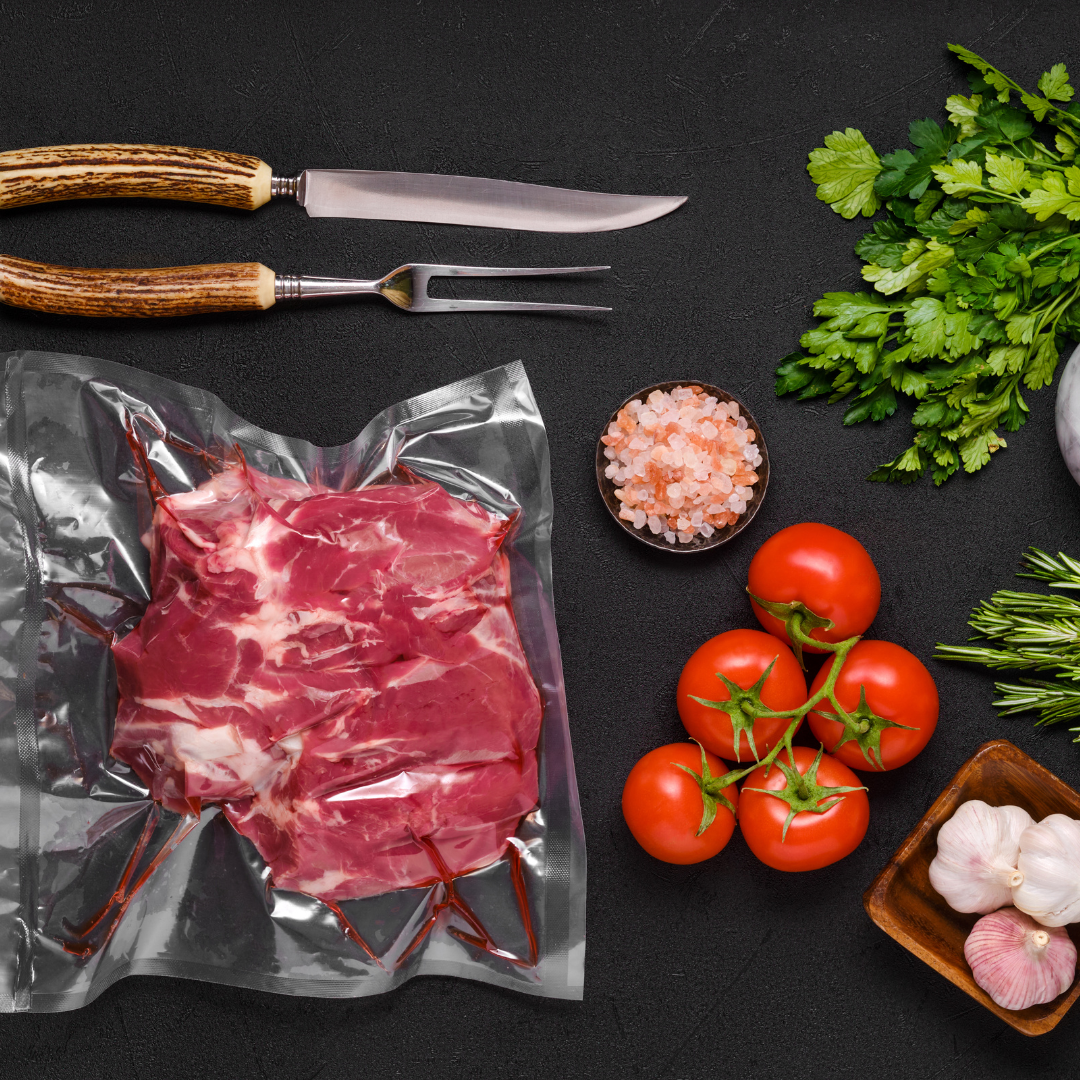Maximizing Freshness: Top 10 Tips to Extend the Life of Your Food
In a world where groceries seem to come with increasingly hefty price tags, minimizing food waste isn’t just an environmentally conscious choice—it’s also a smart financial move. Here are ten effective strategies to help you stretch the lifespan of your food, reduce waste, and make the most of your grocery investments:

1. Proper Storage: Organize and Rotate Invest in airtight containers or resealable bags to store perishables like fruits, vegetables, and leftovers properly. Organize your fridge and pantry, ensuring older items are at the front for quicker use.
2. Embrace Freezing: Preserve Perishables Utilize your freezer as a preservation powerhouse. Freeze excess produce, bread, meats, and even cooked meals in portions for easy, future use.
3. Date Labels: Practice FIFO Implement the “First In, First Out” method. Label containers with purchase or preparation dates to prioritize older foods, ensuring they’re used before fresher items.
4. Revive Veggies: Refresh and Revitalize Give limp or wilted vegetables a new lease on life by soaking them in ice-cold water or lightly steaming them. It’s surprising how a little revitalization can transform seemingly tired produce.
5. Herb Preservation: Freeze or Oil Infusion Extend the life of fresh herbs by freezing them in oil or chopping and freezing them in ice cube trays with a bit of water. Alternatively, infuse herbs into oil for flavorful drizzles and dressings.
6. Properly Seal: Prevent Air Exposure Air is often the culprit behind food spoilage. Ensure containers are tightly sealed to minimize air exposure, which can accelerate the deterioration of food.
7. Store Correctly: Follow Guidelines Different foods have different storage needs. Some fruits emit ethylene gas, which can speed up the ripening of nearby produce. Separate ethylene producers like apples and bananas from other fruits and veggies to keep them fresh longer.
8. Revamp Leftovers: Reinvent and Reuse Leftovers don’t have to be repetitive. Reinvent them into new dishes—a stir-fry, a frittata, or a sandwich—to breathe new life into yesterday’s meal.
9. Vacuum Sealing: Extend Shelf Life Consider investing in a vacuum sealer. This handy tool removes air from packaging, significantly extending the shelf life of various foods, from meats to cheeses.
10. Smart Shopping: Plan and Purchase Mindfully Plan meals ahead and create shopping lists to avoid overbuying. Be mindful of expiration dates and buy in quantities that suit your consumption habits.
By implementing these strategies, you can not only prolong the freshness of your food but also minimize waste and maximize your grocery investments. Let’s embrace these practices to contribute to a sustainable and cost-effective kitchen!

There are several ways that you can easily extend the life of your food by preservating them. Thanks for the valuable information and content on this topic. Subscribed your blog.